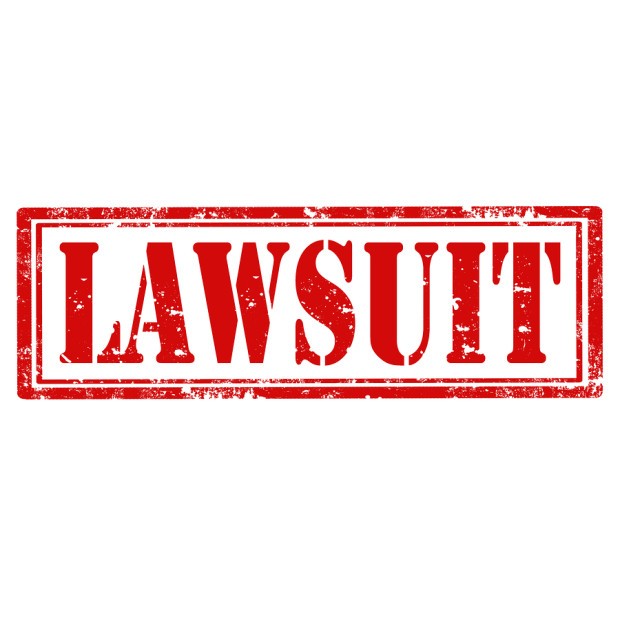Legislators introduced a new bill that would require the disclosure of parties receiving payment in civil lawsuits.
Congressman Darrell Issa, chairman of the House Judiciary Subcommittee on Courts, Intellectual Property, Artificial Intelligence and the Internet, Congressman Scott Fitzgerald (WI-05), and Congressman Mike Collins (GA-10) introduced HR 1109 – The Litigation Transparency Act of 2025 on February 7.
The bill was drafted to combat the growing number of civil lawsuits being funded by undisclosed third-party interests as an investment for return – including from hedge funds, commercial lenders, and sovereign wealth funds operating through shell companies.
A legislative remedy that provides disclosure of investors receiving payment based on the outcome of a case is necessary, lawmakers said.
The bill will also require disclosure of the financing agreement between investors and parties to these civil actions.
“Our legislation targets serious and continuing abuses in our litigation system that distort our system of justice by obscuring public detection and exploiting loopholes in the law for financial gain. Our approach will achieve a far better standard of transparency in the courts that people deserve, and our standard of law requires,” said Rep. Issa. “We fundamentally believe that if a third-party investor is financing a lawsuit in federal court, it should be disclosed rather than hidden from the world and left absent from the facts of a case.”
“Transparency in our legal system is essential to protecting industries vital to Georgia and America’s economy from unfair litigation practices. I have been advocating for tort reform for years and will continue the fight to ensure that lawsuits are fair and not driven by hidden third-party investors,” said Rep. Collins.”The Litigation Transparency Act will provide much-needed disclosure, safeguarding both businesses and consumers from the rising costs and legal abuse that result from secretive litigation funding.”
The National Association of Mutual Insurance Companies, the American Property Casualty Insurance Association and the Reinsurance Association of America have indicated support for the legislation.
“The court system was never meant to be used as a for-profit investment scheme. Frivolous and excessive litigation driven by investors has raised costs for Americans across the country, including the cost of insurance. When disputes end up in court, all the relevant parties should know everyone involved on each side, and this legislation will ensure that no one in the court system operates in shadow,” NAMIC stated in response to the legislation.
The APCIA added that “By its very nature, third-party litigation funding contributes to the growth in lawsuits and increases litigation costs, both of which increase the cost of insurance overtime for every American family, individual, and business who purchases it.”
The Litigation Transparency Act of 2025 has also received support from the Consumer Technology Association, Google, Consumer Choice Center, U.S. Chamber of Commerce, High Tech Investors Alliance, US-MADE, American Trucking Association, Software Information Industry Association and Uber.
According to US-MADE Executive Director David Crane, foreign adversaries are investing in lawsuits targeting critical U.S. industries.
“However, we still don’t know the full scale of this problem because only a few jurisdictions require plaintiffs to disclose who is bankrolling their litigation,” he added. “This is a commonsense bill that will shine light on state owned entities, sovereign wealth funds and other foreign interests targeting critical US industries through investor funded lawsuits. If we want to grow jobs and expand domestic manufacturing, we need greater transparency to expose exactly who is pulling the strings on litigation targeting our most critical domestic industries.”
Commercial fleets and ride-hailing services have been the most recent targets of third-party financed litigation.




















 AI Claim Assistant Now Taking Auto Damage Claims Calls at Travelers
AI Claim Assistant Now Taking Auto Damage Claims Calls at Travelers  Why Claims AI Build vs. Buy Decisions So Often Miss the Mark
Why Claims AI Build vs. Buy Decisions So Often Miss the Mark  Large Scale Cargo Ring Busted in LA, $5M Recovered
Large Scale Cargo Ring Busted in LA, $5M Recovered  Premium Slowdown, Inflation Factors to Lead to Higher P/C Combined Ratio: AM Best
Premium Slowdown, Inflation Factors to Lead to Higher P/C Combined Ratio: AM Best 